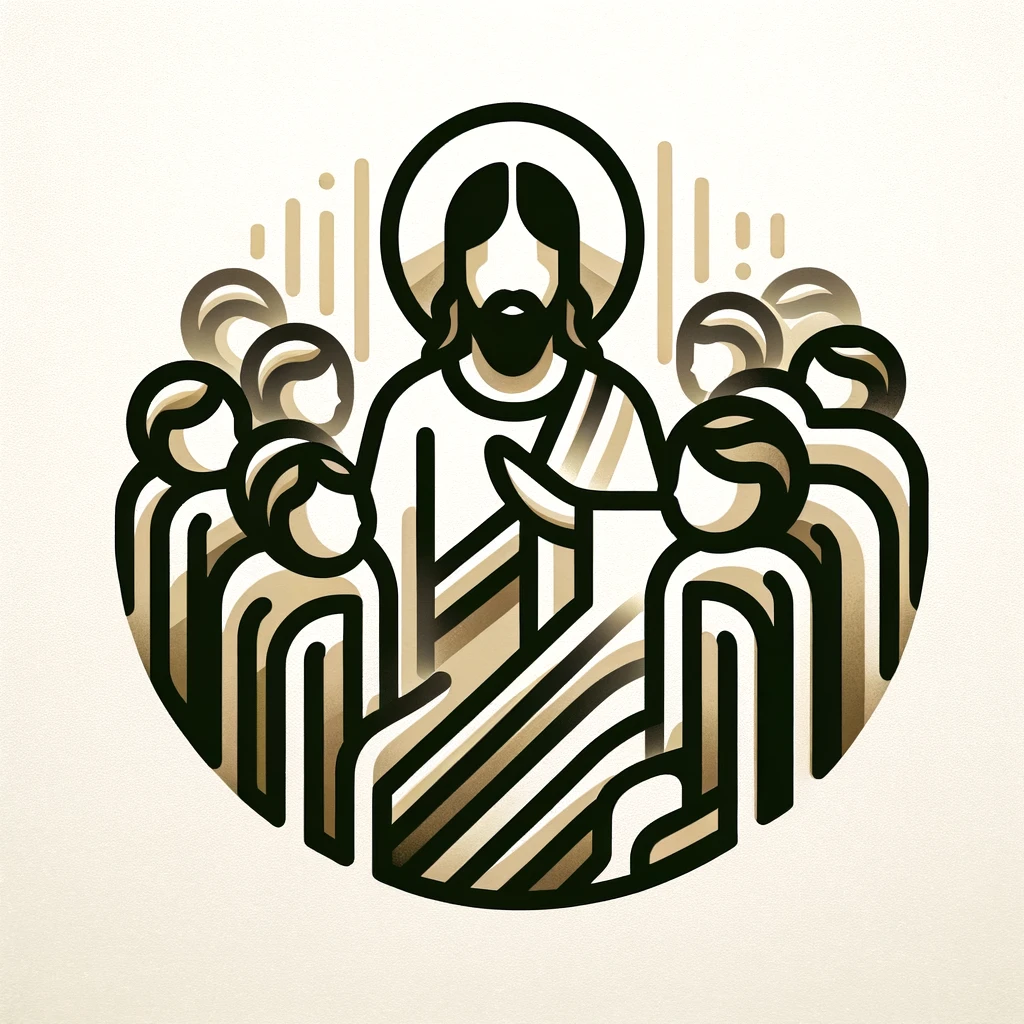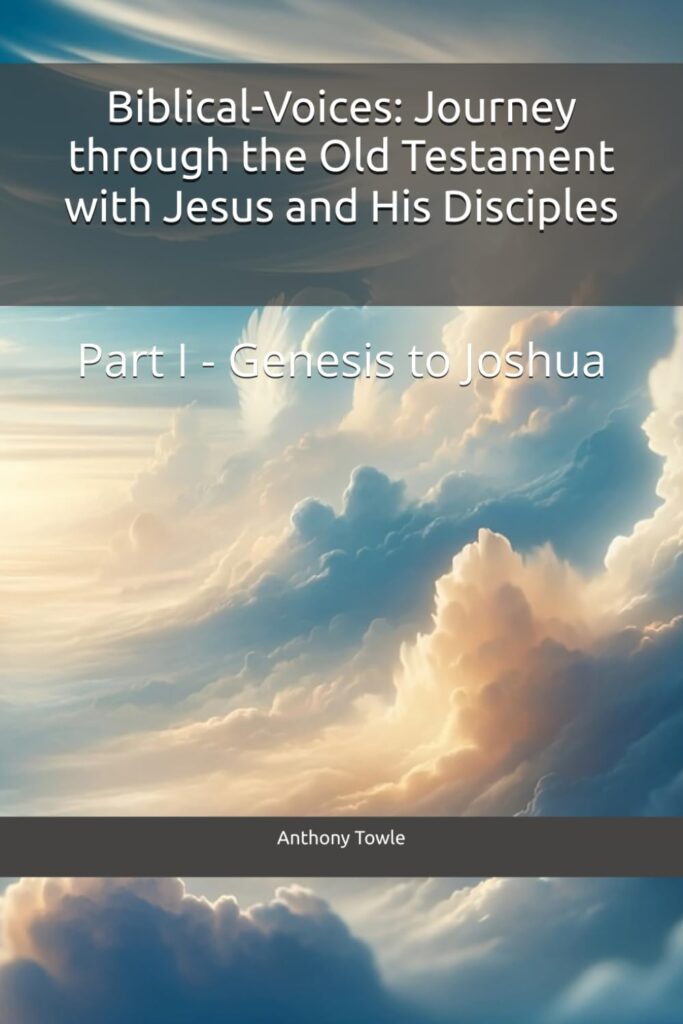Jesus: “The Olivet Discourse is a significant teaching found in the Synoptic Gospels—Matthew 24-25, Mark 13, and Luke 21. It occurred on the Mount of Olives, just outside Jerusalem, hence its name. This discourse was given in response to questions from you, my disciples, about the end of the age and the signs of my coming. It includes prophecies about the destruction of Jerusalem, the trials and tribulations leading up to the end times, the coming of the Son of Man, and the final judgment.”
Peter: “Lord, why did you speak about such troubling events? The destruction of the temple and the hardships you described are frightening.”
Jesus: “Peter, the purpose was not to instill fear but to prepare and to instruct. The destruction of the temple in Jerusalem was a significant event, symbolizing the end of the old covenant and the birth of the new. The trials and tribulations serve as reminders of the challenges and persecutions you will face as my followers. Yet, in these warnings, there is also a message of hope for those who remain faithful.”
John: “Master, how should we understand the signs you mentioned? The sun darkening, the moon not giving light, and the stars falling from the sky?”
Jesus: “John, these images are drawn from the prophetic tradition and are symbolic, describing cosmic upheaval accompanying the end times. They signify that the events of the last days are not just earthly but cosmic in scope, affecting the entire creation. They underscore the magnitude of what is to come and the importance of being spiritually prepared.”
Andrew: “You also spoke of the ‘abomination of desolation.’ What does that mean?”
Jesus: “Andrew, the ‘abomination of desolation’ is a reference from the book of Daniel, indicating a profound desecration of the holy. In the immediate context, it referred to events leading up to the destruction of Jerusalem in AD 70. For future generations, it serves as a warning to be alert to those things that profoundly oppose God’s purposes and lead to devastation.”
Thomas: “How can we be ready for these events, Lord?”
Jesus: “Thomas, readiness is found in faithfulness and vigilance. Live each day in a manner that is pleasing to God, seeking first the kingdom and His righteousness. Be aware of the times but not consumed by them. The focus is not on knowing the exact moment but on living a life that reflects my teachings and love.”
Matthew: “And the parables you told, like the ten virgins and the talents, how do they fit into the discourse?”
Jesus: “Matthew, these parables illustrate the importance of being prepared and using what you have been given for the kingdom. The wise virgins are those who stay spiritually vigilant, while the parable of the talents encourages active engagement in God’s work. Both stress the importance of readiness and faithfulness, reflecting themes of watchfulness and stewardship.”

